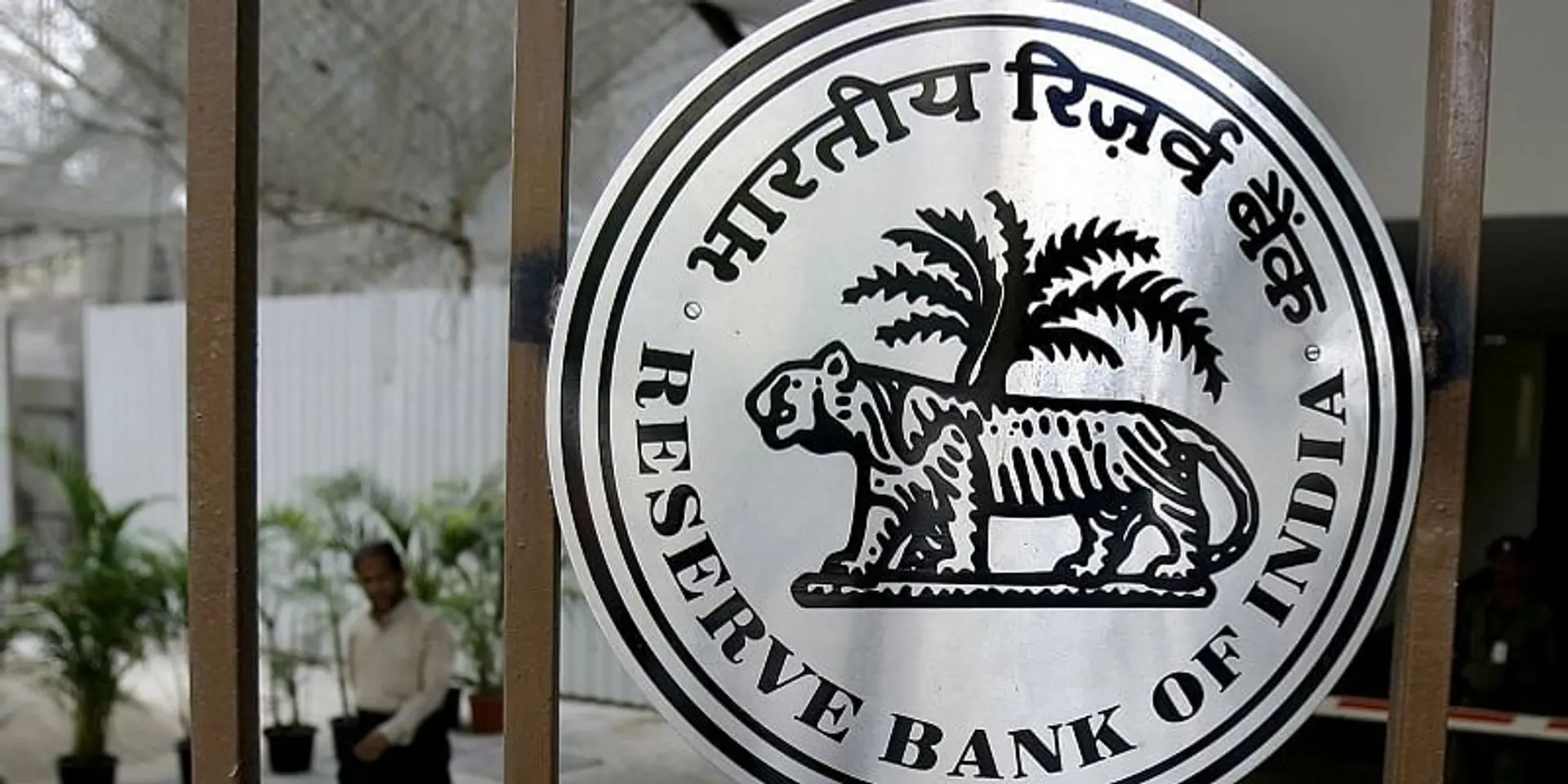Fintech can help check digital frauds, says RBI Deputy Governor Sankar
Speaking at the Global FinTech Fest 2021 organised by the Internet and Mobile Association of India (IAMAI), Sankar said that digital penetration is largely limited to urban and metro areas, and needed to be expanded to the entire country.
The Reserve Bank Deputy Governor T Rabi Sankar on Tuesday said that fintech firms can play a significant role in preventing digital frauds, which has surged during the COVID-19 pandemic period.
Speaking at the Global FinTech Fest 2021 being organised by the Internet and Mobile Association of India (IAMAI), Sankar said that digital penetration is largely limited to urban and metro areas and needed to be expanded to the entire country.
"We need technological solutions to increase penetration to the vast sections of the population, which is unbanked and lacks a smartphone," he said, and added that promising options have been identified by the RBI through the sandbox mechanism.
He said fintech holds promise to prevent frauds, which has become apparent as the pace of digital penetration has outstripped awareness.

He further said that incidents of digital frauds have risen during the pandemic and citied data regarding fraudsters ramping up their efforts in the financial services industries.
"... We need to concentrate and focus all our attention on minimising digital fraud... We need to up our guard against digital frauds and cyber crimes," Sankar stressed.
He further said that both regulators and other stakeholders have to play their respective roles effectively to ensure that innovation in the fintech space continues to support India's economic growth.
"... We are in the best of times, with the promise of technological innovation in finance and hope of substantial efficiency gains, better customer experience and greater social welfare, but we also need to deal with the threats of online frauds, compromise of customer credentials, data privacy, and safety," the deputy governor said.
Sankar also said fintech can play an important role in real-time cross-border payments, which have stagnated for decades.
Edited by Megha Reddy



![[Funding alert] Fintech startup CashBook raises $2.3M in seed round led by JAM, Better Tomorrow Ventures](https://images.yourstory.com/cs/2/e641e900925711e9926177f451727da9/Imagee1fs-1632814693372.jpg?fm=png&auto=format&h=100&w=100&crop=entropy&fit=crop)




